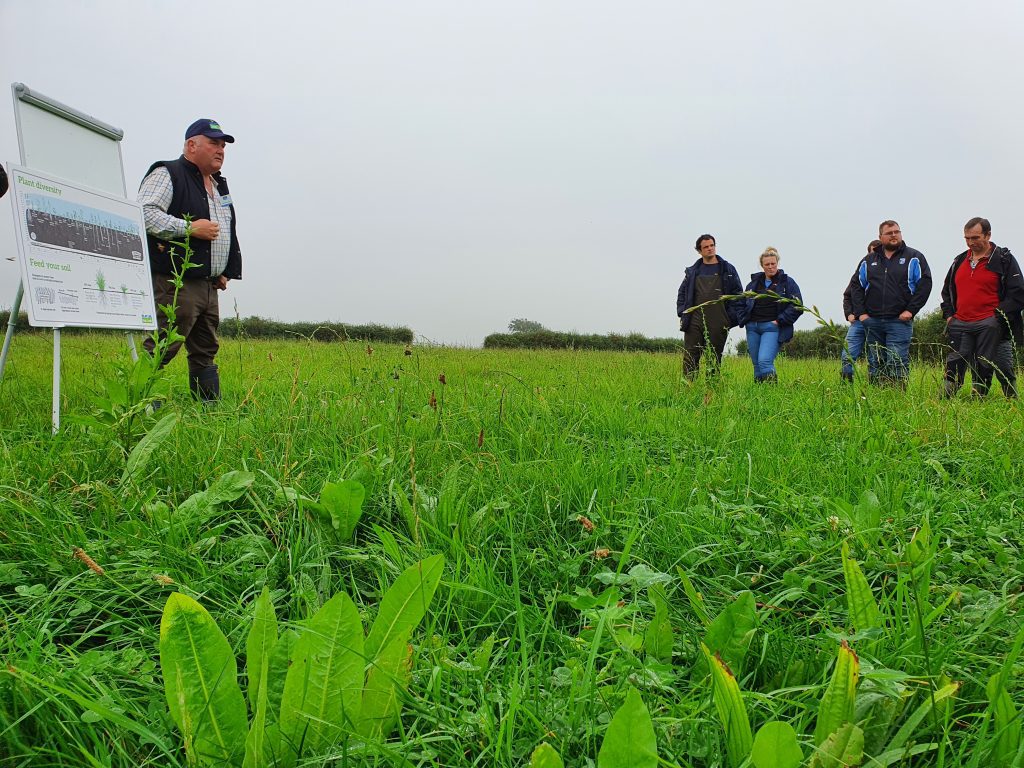The vast majority of First Milk members have signed up to its regenerative farming programme, with members committing to almost 131,000 field-level regenerative interventions across more than 78,000 hectares of land.
First Milk has today announced that more than 90 per cent of its members have signed up to its regenerative farming programme, representing more than 96 per cent of its members’ milk.
These members have each submitted regenerative plans for their farms, using a unique digital mapping tool. They have committed to implement a range of regenerative interventions for individual fields or the whole farm in the year ahead. Each intervention must support one of the five regenerative farming principles – livestock integration, minimise soil disturbance, protect soil surface, encourage plant diversity, maintain living roots.
First Milk and its members view this as the first stage on the route towards regenerative farming. It is aligned with a holistic vision to produce nutritious dairy products in a way which enhances water, nutrient and carbon cycling, relies less on external inputs, improves biodiversity and respects the well-being of animals and people.
To date, the data collected shows the following:
- Members have committed to 130,873 regenerative interventions across 78,399 hectares of land
- 82 per cent of all members’ land will be grazed by livestock during 2022, for an average of seven months
- Members have committed to 12,762 interventions linked to minimising soil disturbance across 49,396 hectares of land. Only seven per cent of members’ land (5,651 hectares) will be ploughed during 2022
- Members committed to maintaining a living root across 41,762 hectares, which when added to the area of declared permanent pasture across members’ farms, means 85 per cent of all members’ land will have a living root for 12 months of the year
- Members have committed to 14,295 individual interventions linked to encouraging plant diversity across 54,946 hectares of land
- Members have committed to 52,758 individual interventions linked to protecting and enhancing biodiversity across 68,994 hectares of land
- 60 per cent of all grazing areas will be rotationally grazed during 2022, for an average of 23 days grazed and 20 days rest
Commenting on the developments, Mark Brooking, Sustainability Director, said:
“The support for our regenerative farming programme has been amazing, with most members attending our practical workshops and more than 90 per cent of all members making individual field-level commitments. When combined with our innovative soil carbon analysis programme operating with Agricarbon, we are well-placed to achieve our target of sequestering an additional 100,000t CO2e per year by 2025, as well as enhancing biodiversity and improving water and nutrient cycling.”
“Together, our members are implementing regenerative practices on a land area greater than the equivalent of Glasgow, Manchester, Cardiff and Bristol combined.
“This is a fantastic start, and we look forward to supporting and encouraging members further as we continue our regenerative journey together to show dairy farmers can be part of the climate solution.





